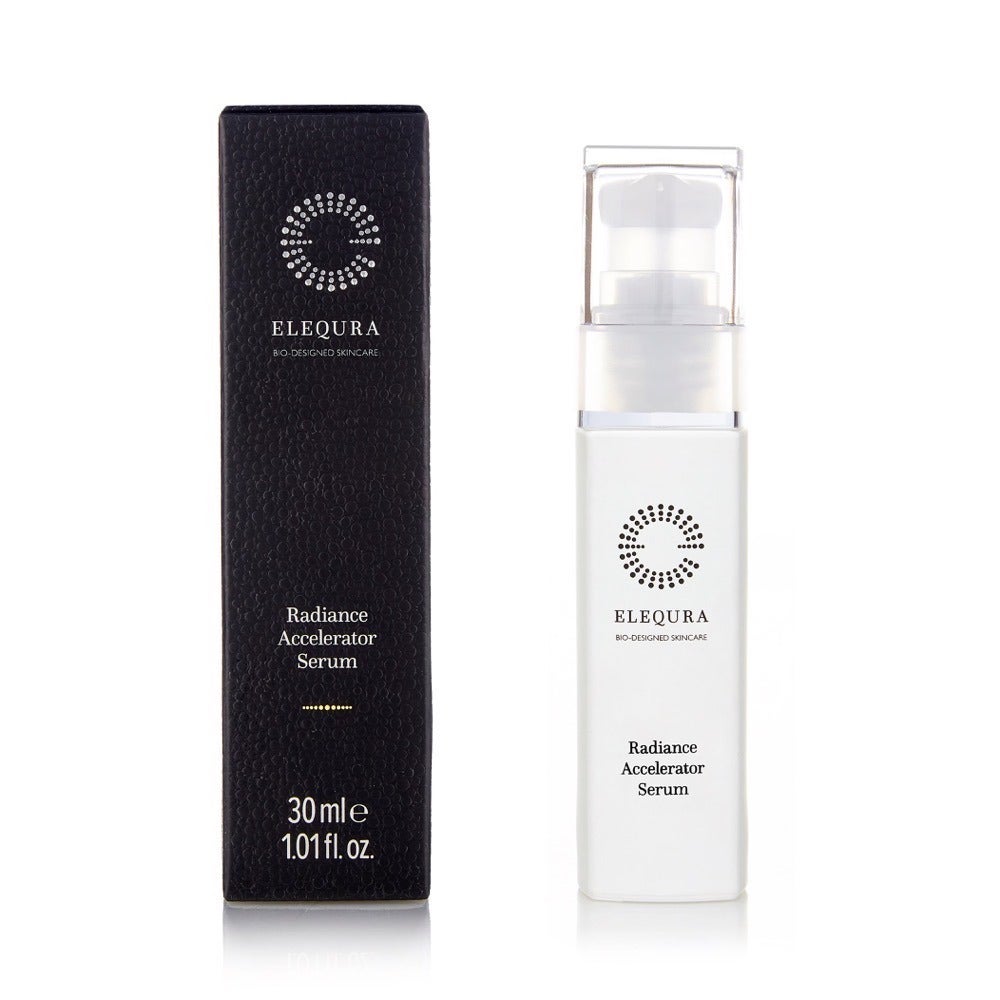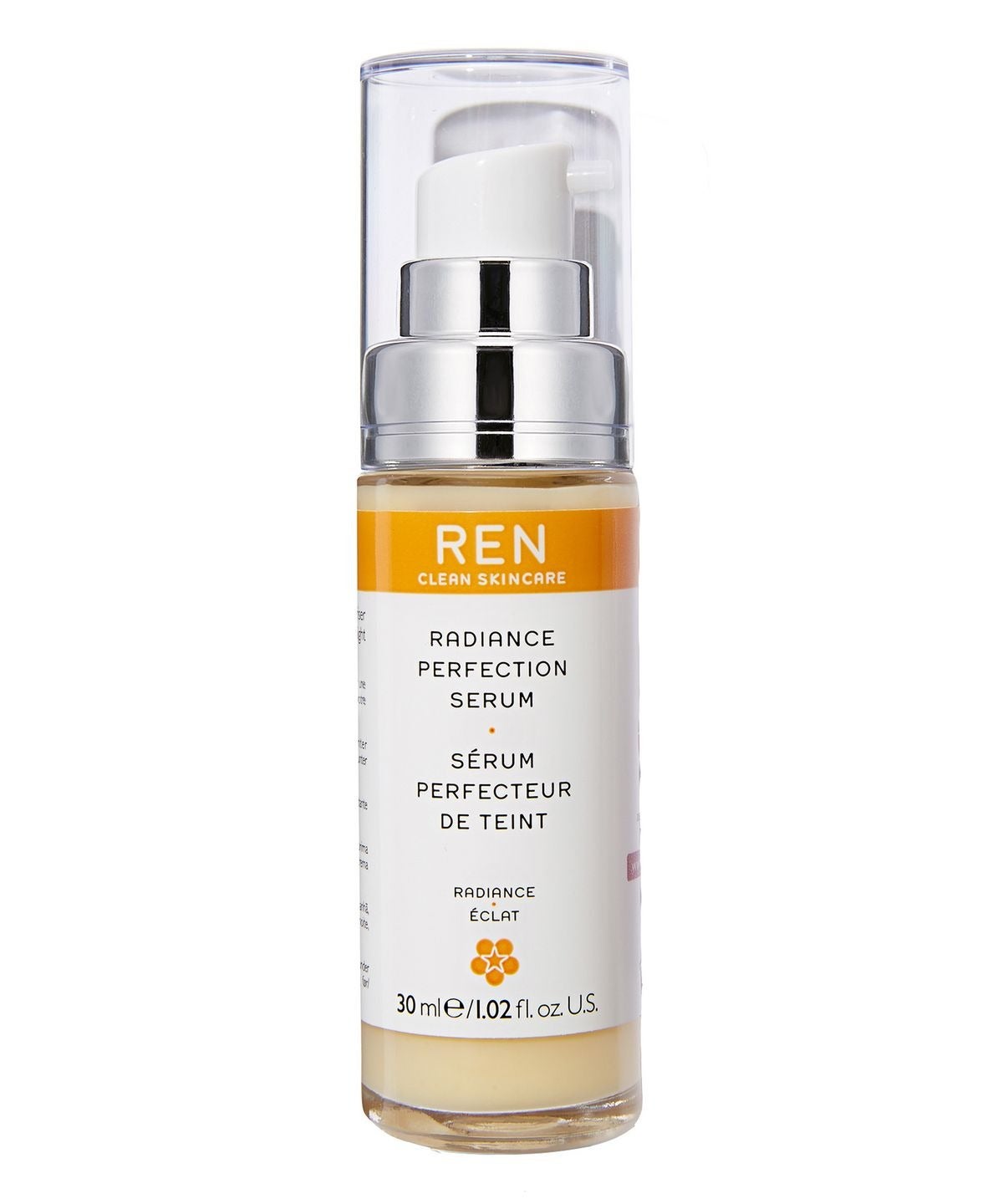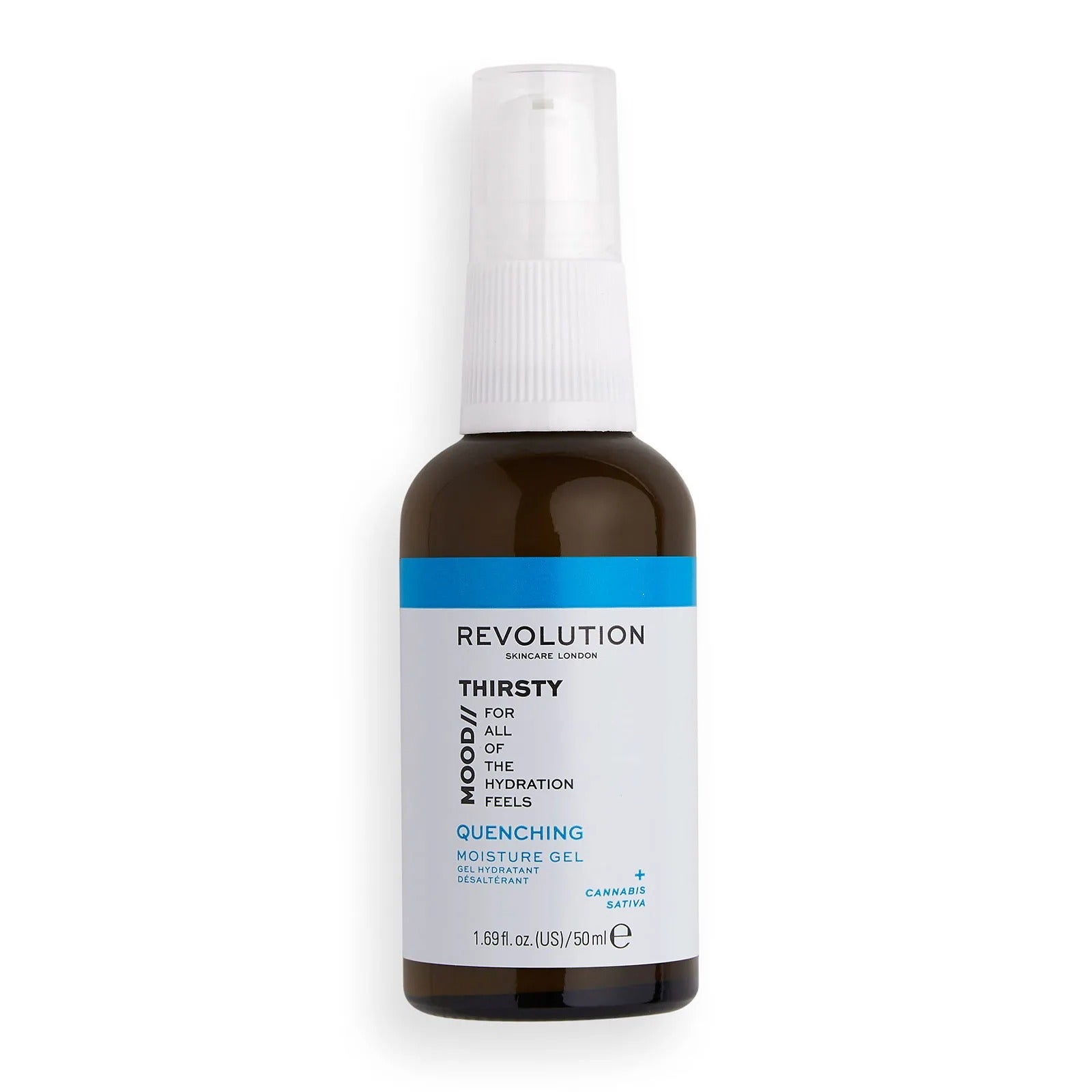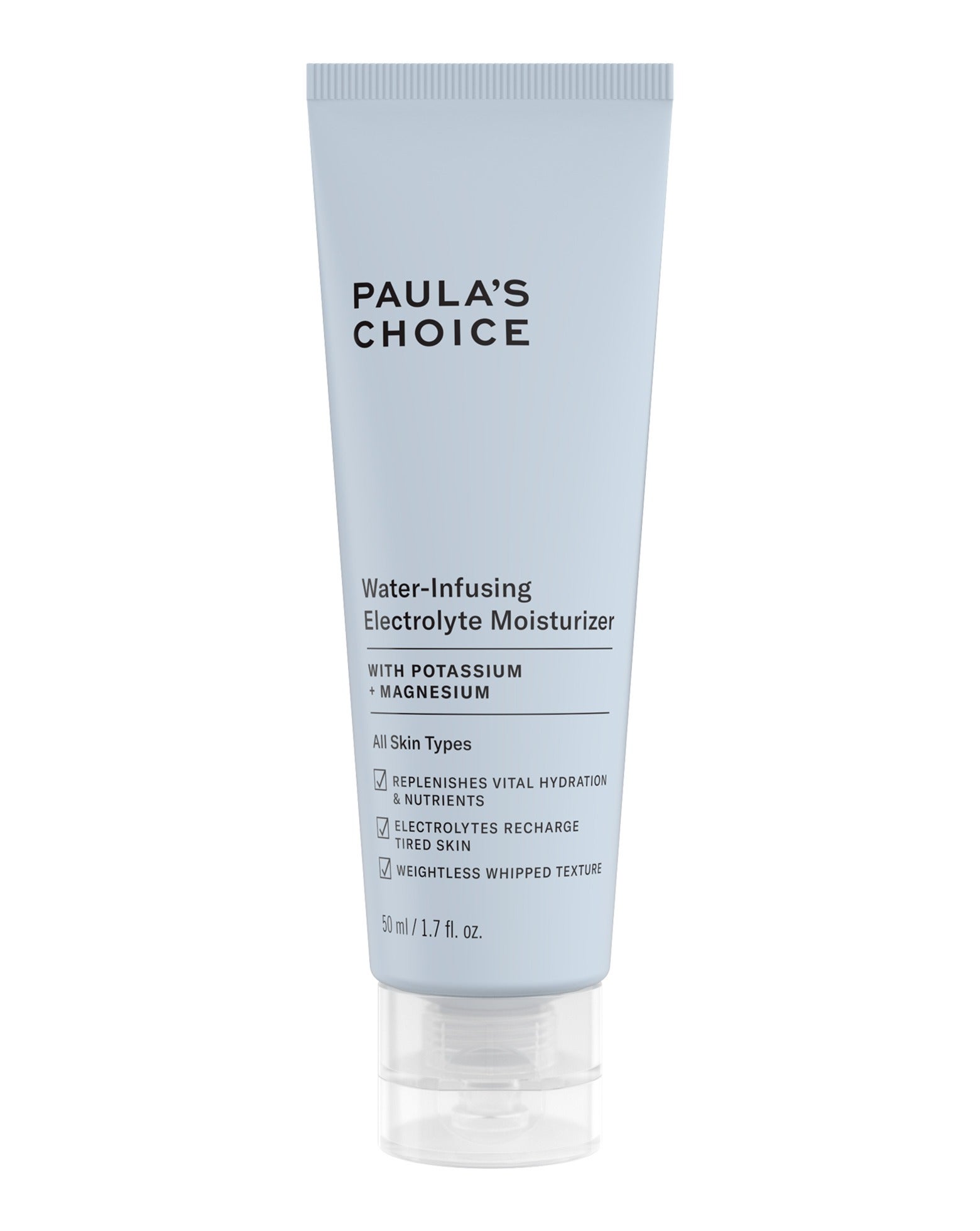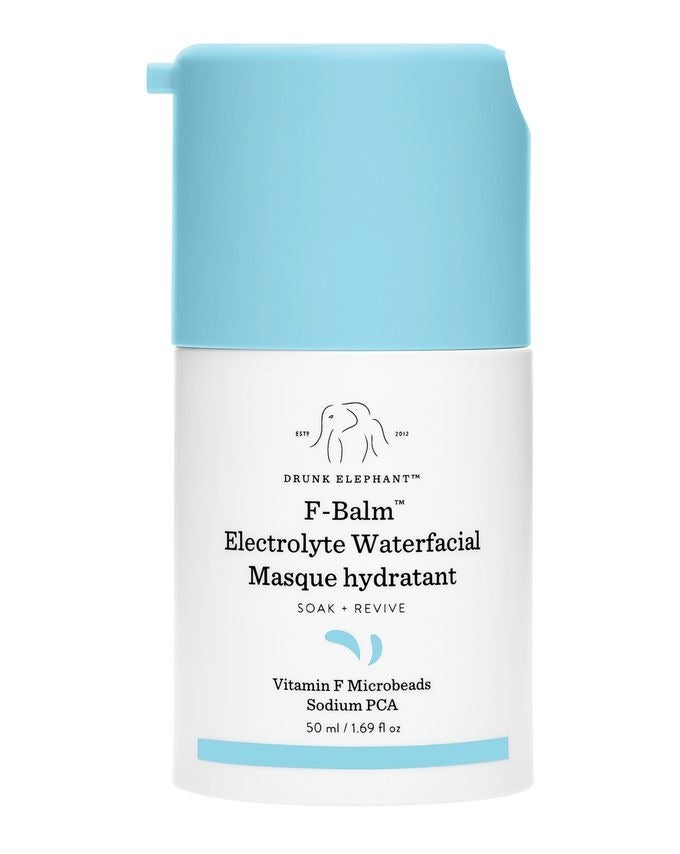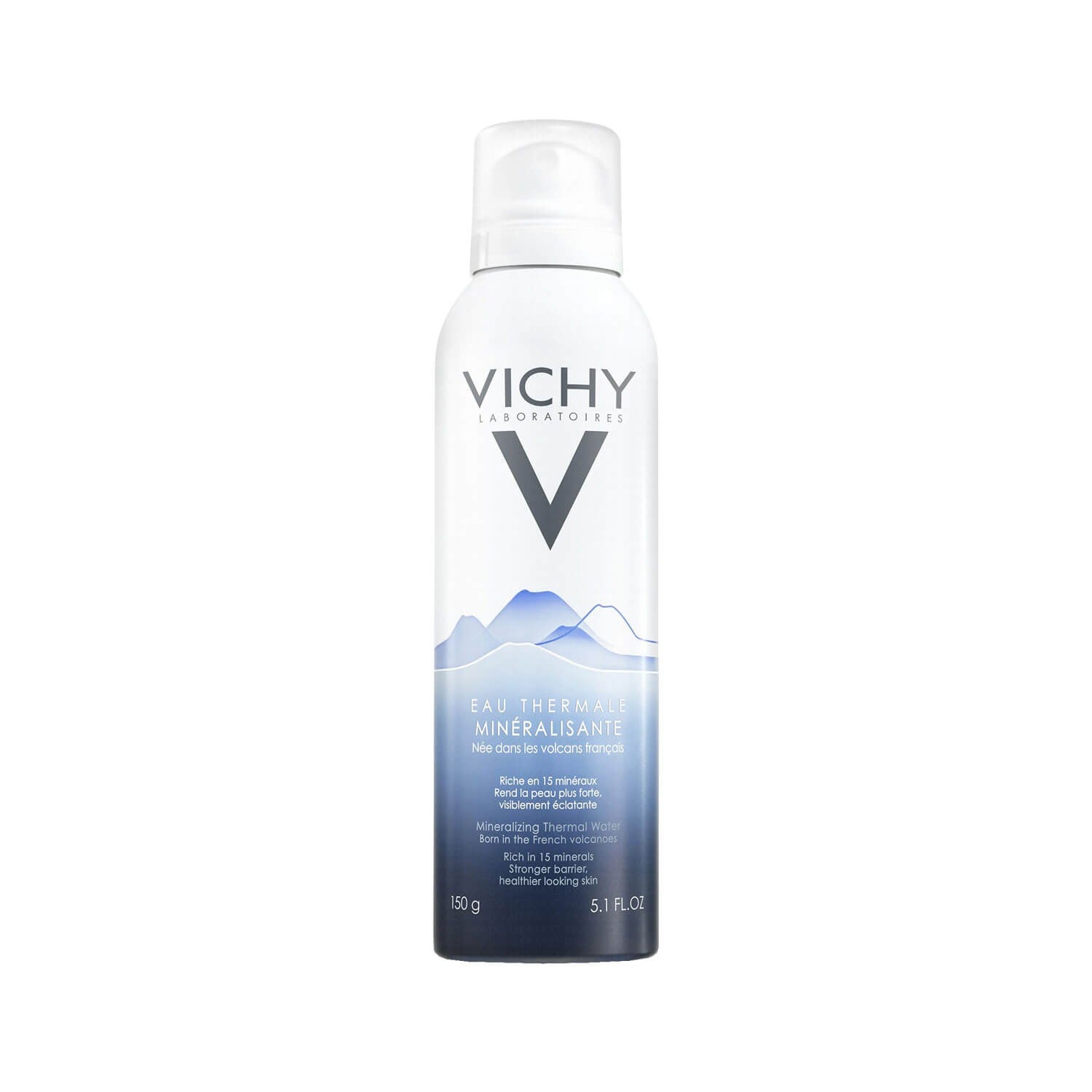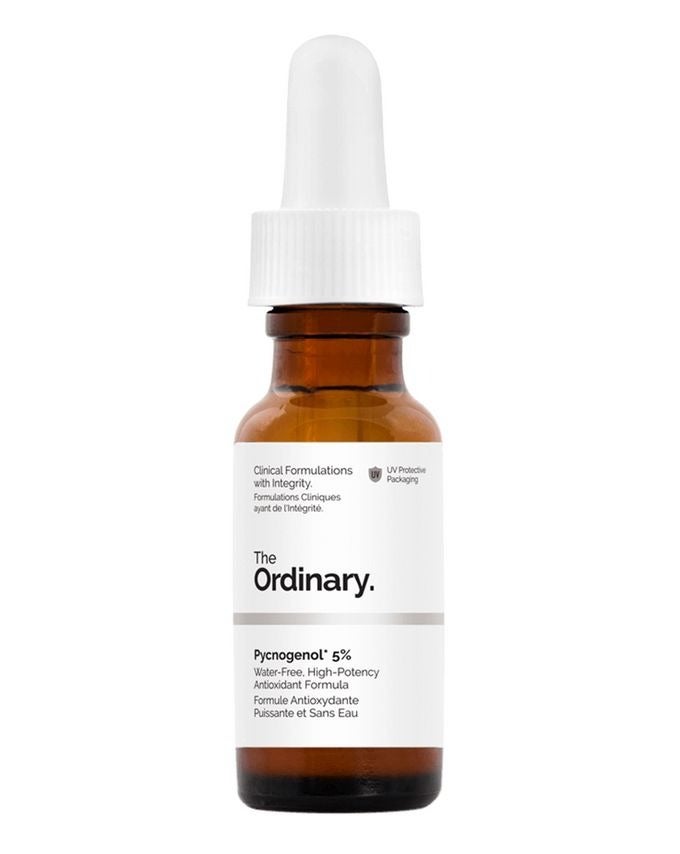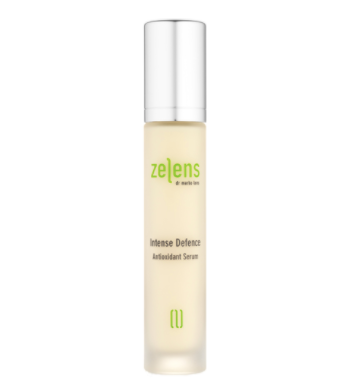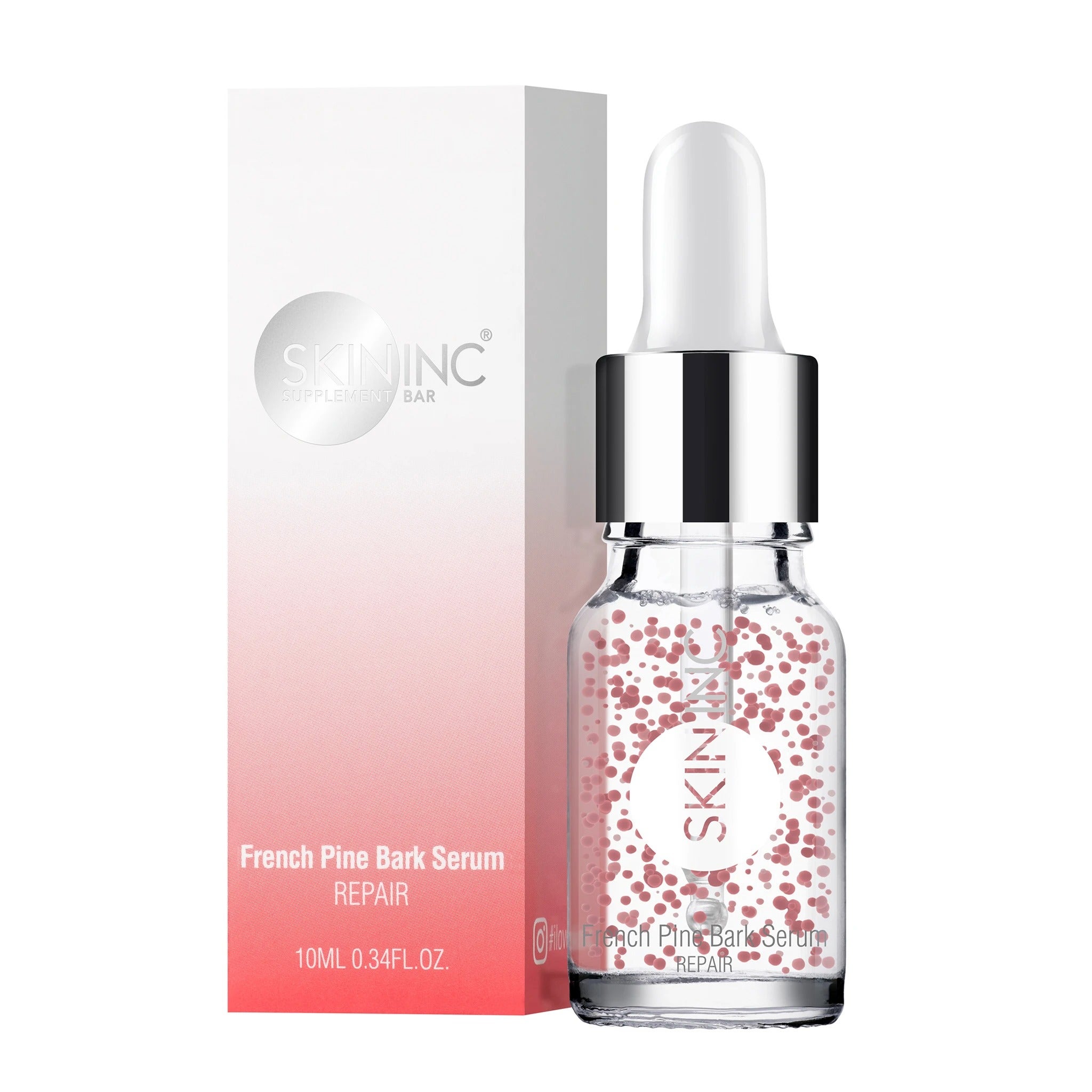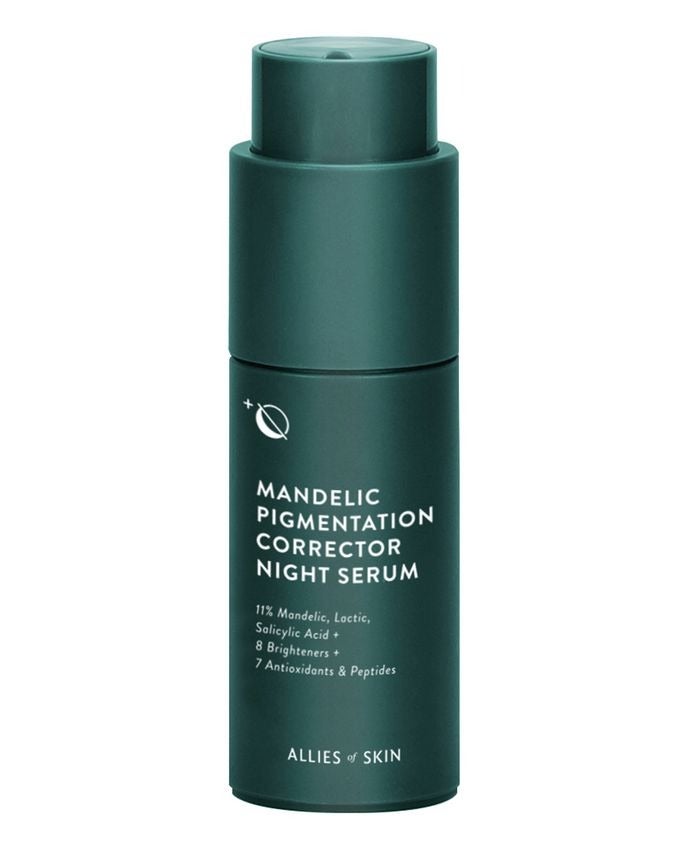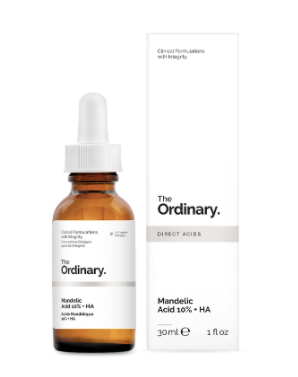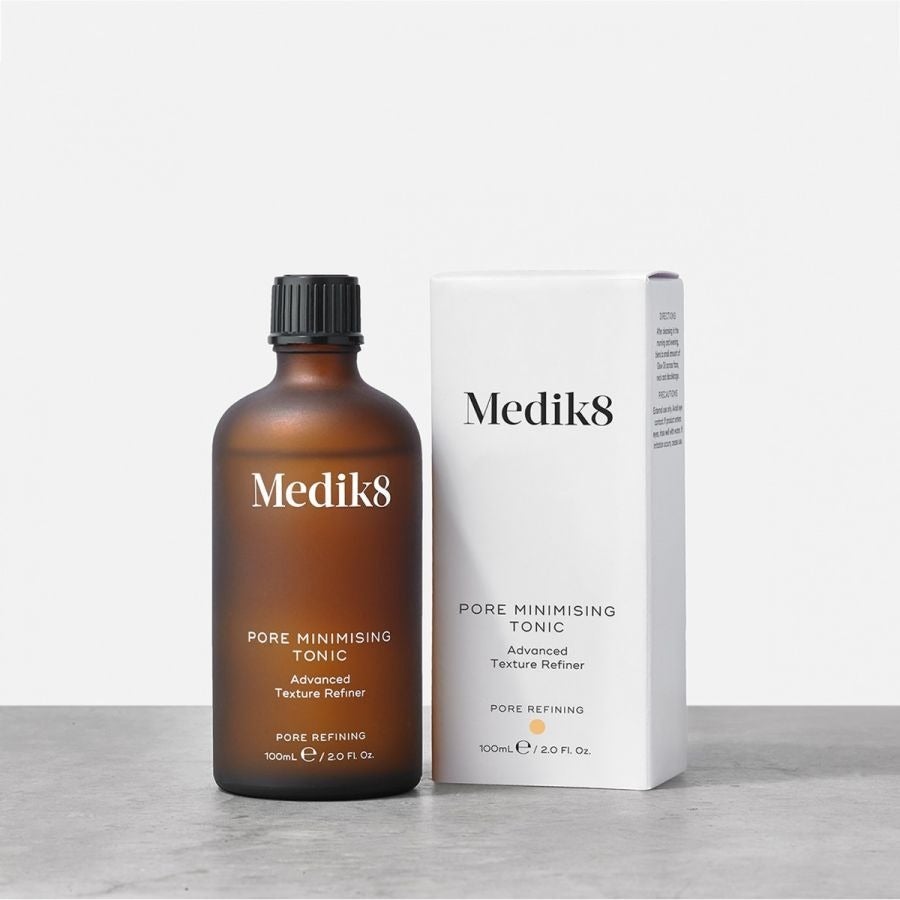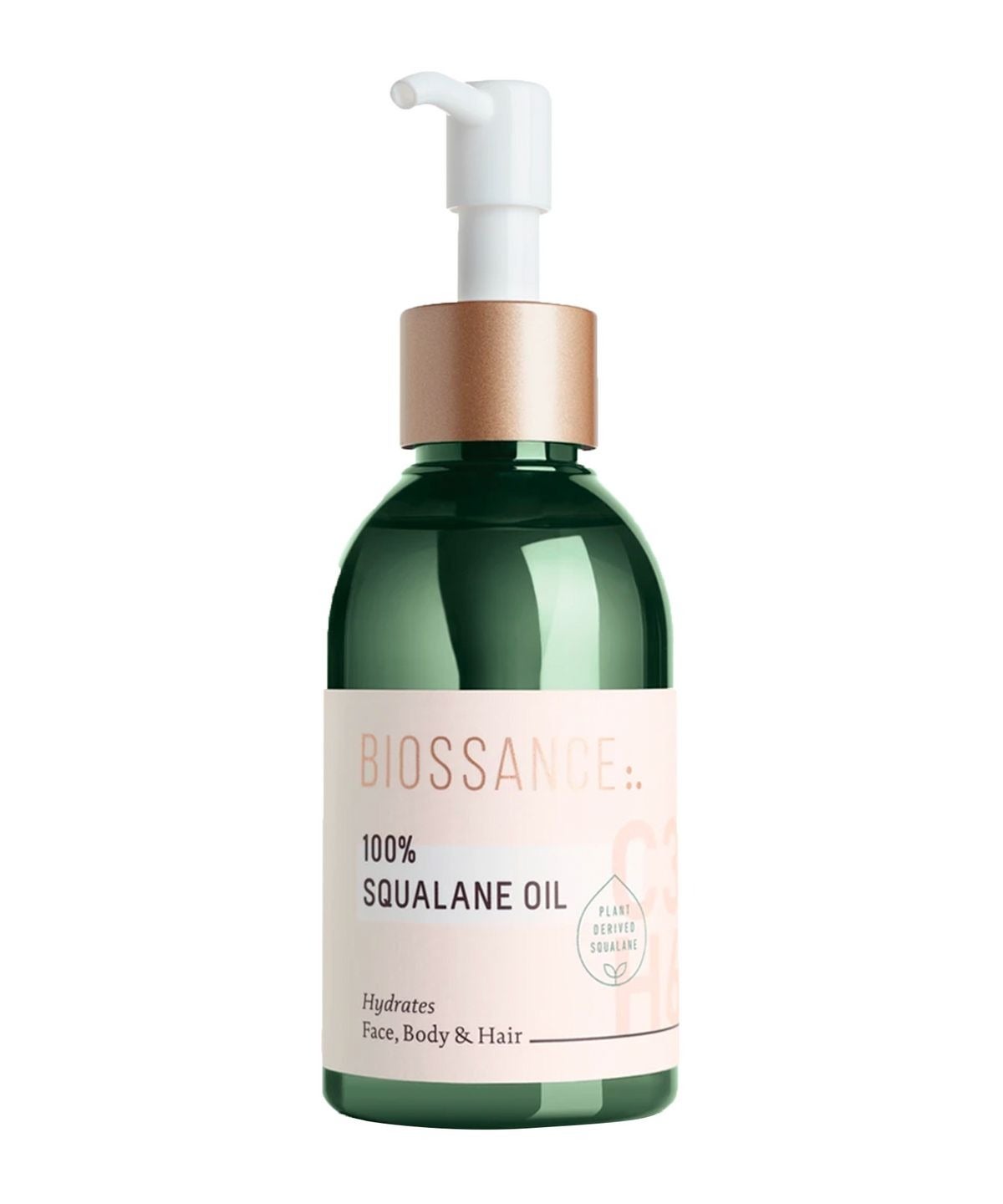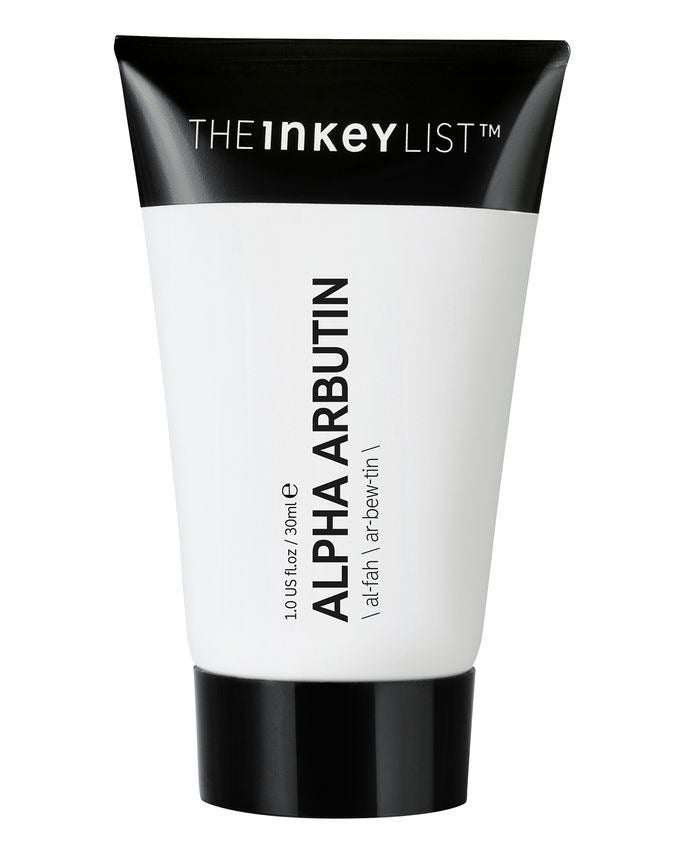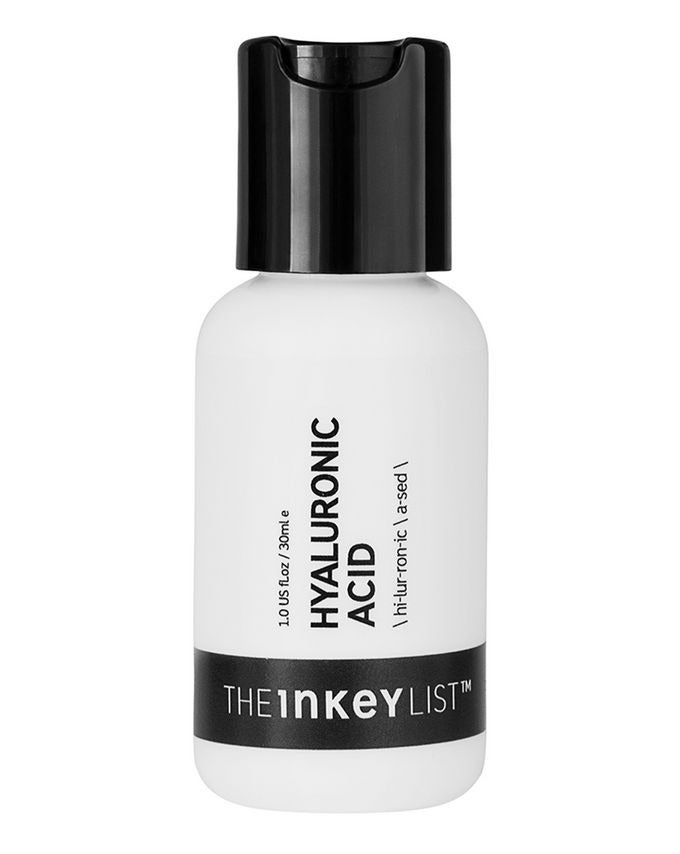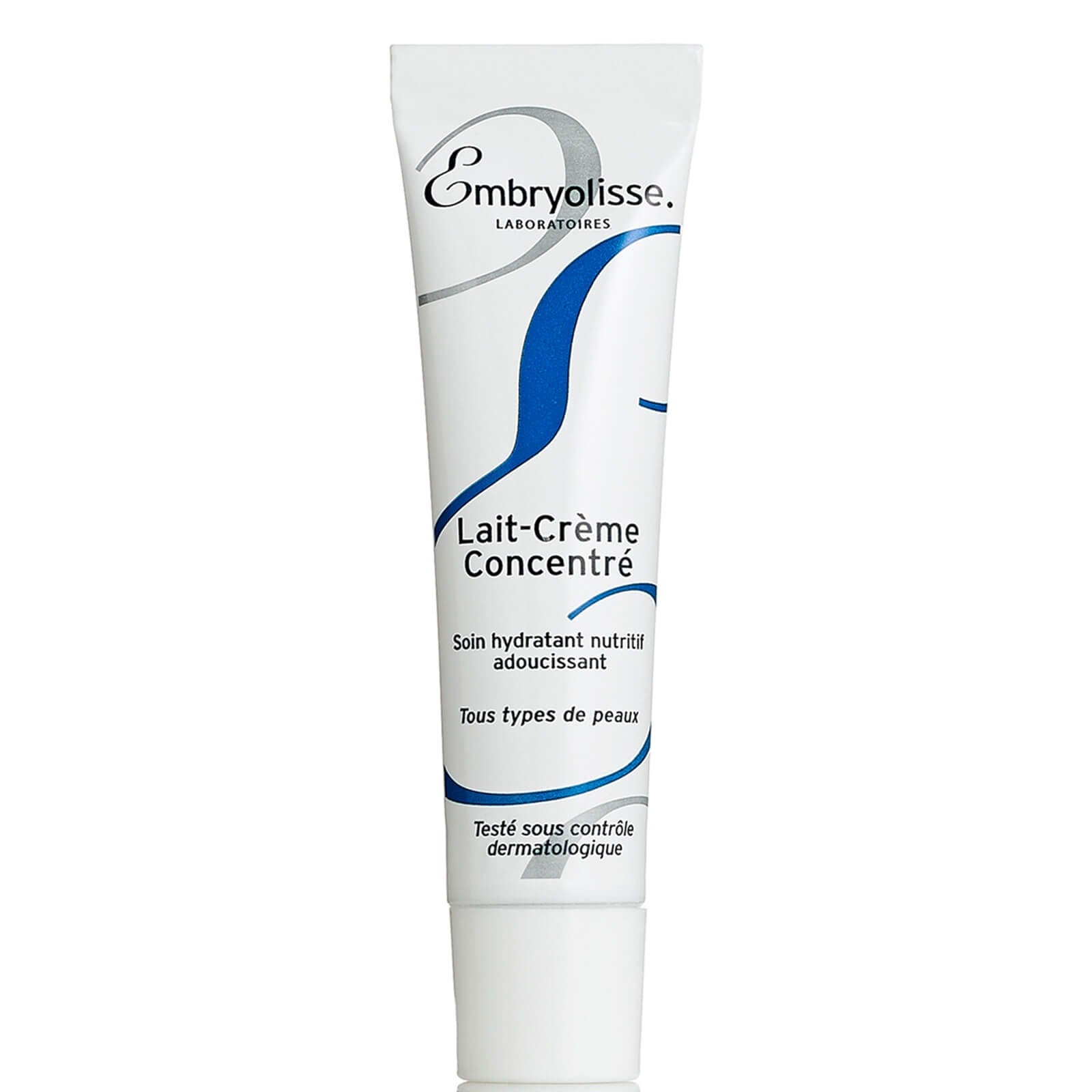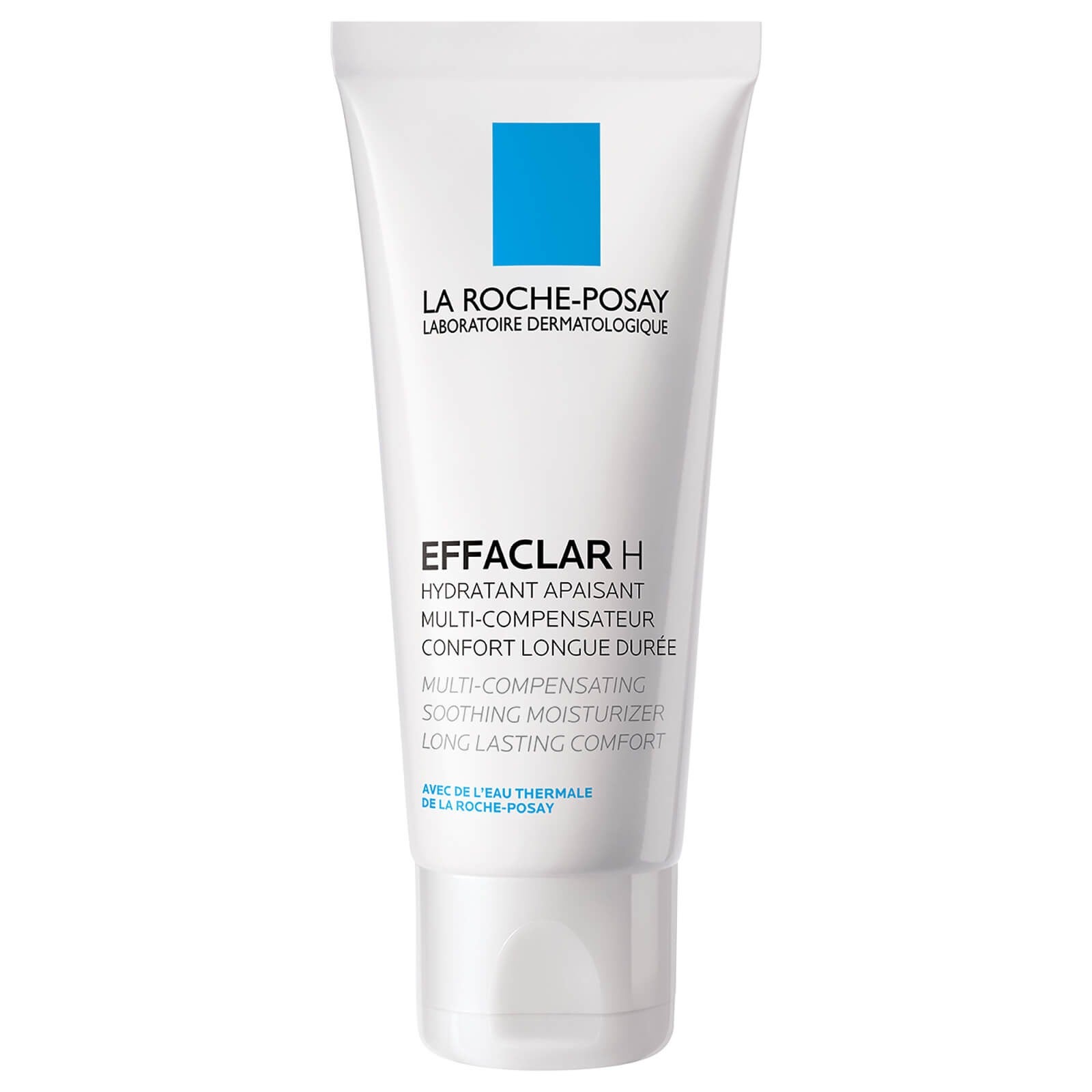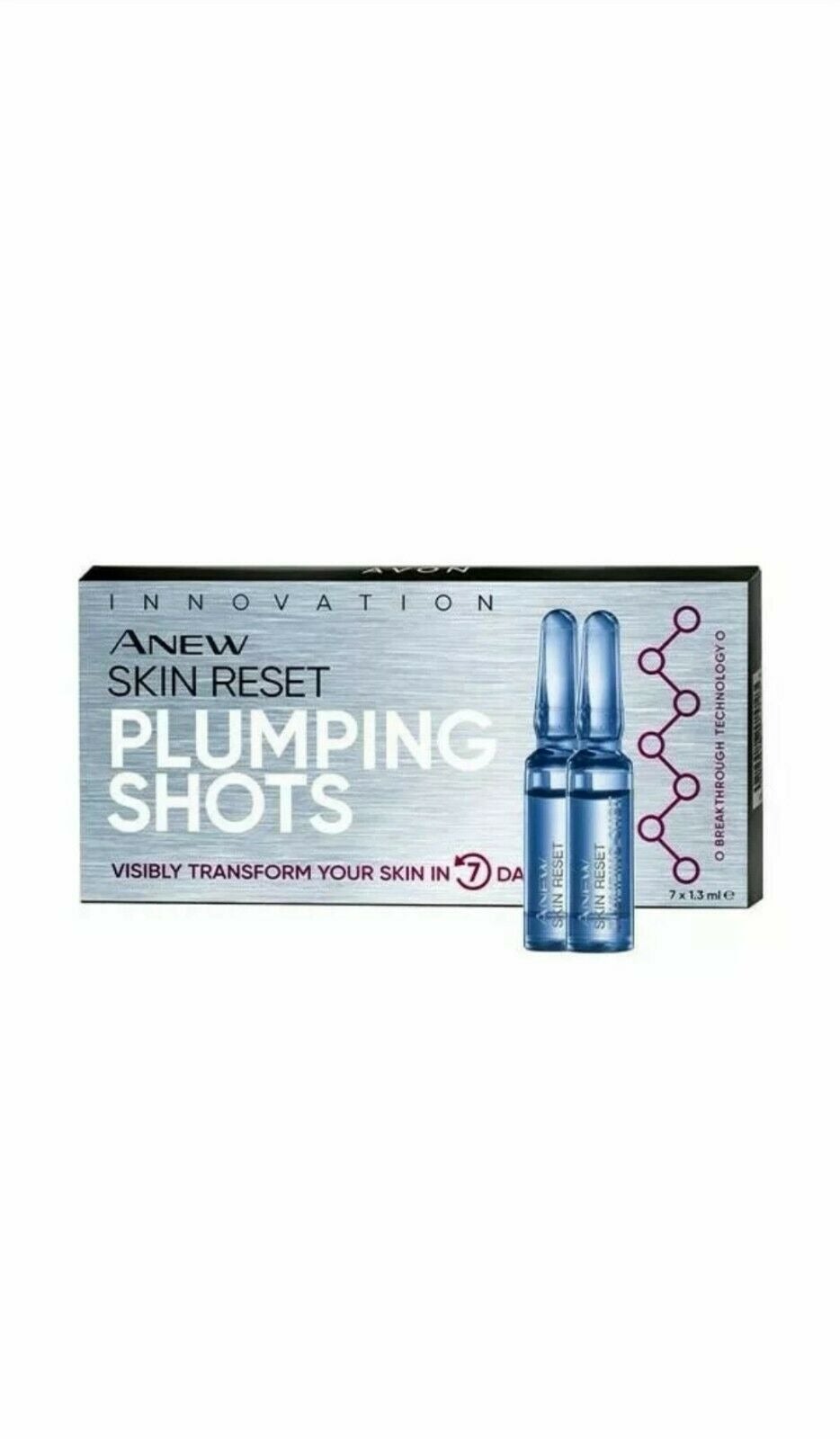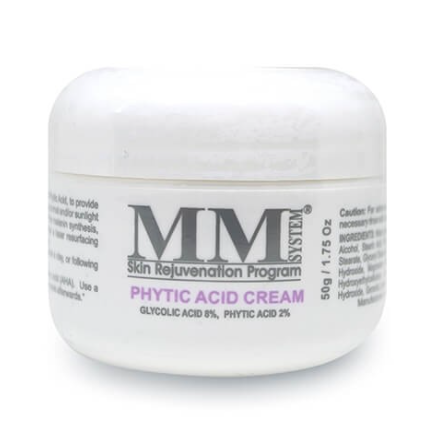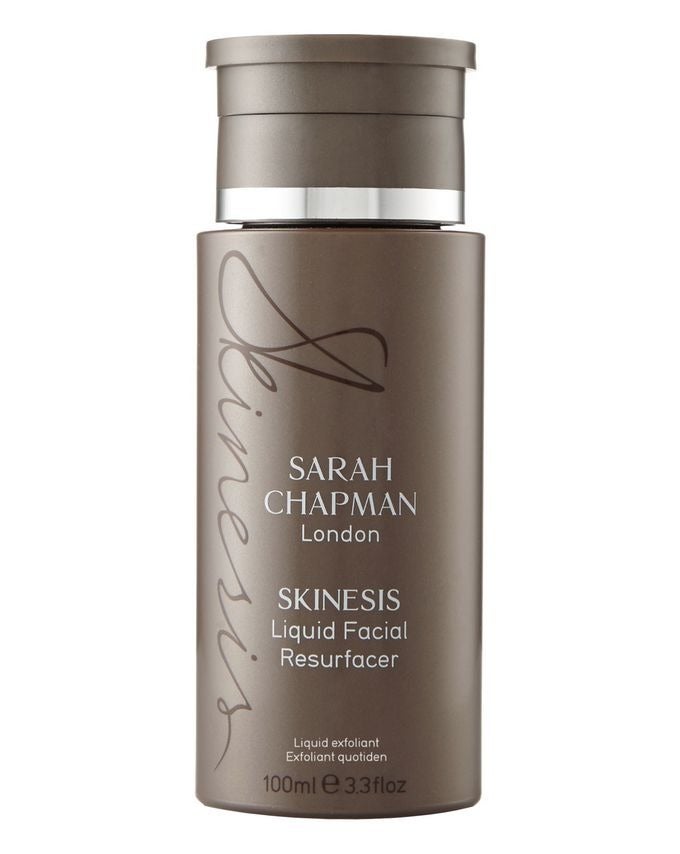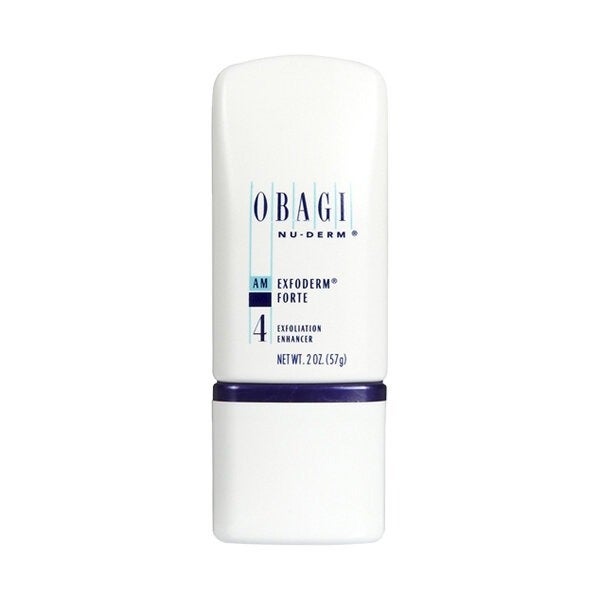The New Retinol & 6 Other Ingredients That’ll Transform Lockdown Skin
Photographed by Kate Anglestein.
Retinol, hyaluronic acid, niacinamide... There are countless buzzy ingredients on the market which claim to transform skin, whether you're looking to brighten and hydrate or get rid of acne. But we're always on the hunt for the next big thing.
Lately, popular skincare brands such as The Inkey List, The Ordinary and Avon to name but a handful have sniffed out budding new ingredients with the power to tackle all manner of skin concerns such as pigmentation, lockdown breakouts and sensitivity – and they all sound incredibly promising.
AdvertisementADVERTISEMENT
From glycogen, which experts are touting as the new hyaluronic acid, to mandelic acid (an effective exfoliator for the most sensitive skin types), here's what you need to know about the army of new ingredients making waves in skincare – and exactly how to use them.
Glycogen
What is glycogen in skincare?
According to Nausheen Qureshi, skin specialist, biochemist and founder of Elequra Skincare, glycogen is going to give hydrating hyaluronic acid (which plumps out fine lines, counteracts dullness and alleviates tight skin) a run for its money. Often extracted from corn starch, it is especially popular in Japanese skincare for keeping moisture in the skin, preventing it from looking or feeling lacklustre.
"Glycogen is the next big new ingredient because it is multifunctional," Nausheen tells R29. "It can significantly improve skin tone, radiance and hydration." In fact, Nausheen mentions that glycogen outperforms hyaluronic acid when it comes to hydrating and plumping skin. "It also reduces skin dryness, redness and combats pigmentation."
How do you use glycogen in skincare?
For best results, invest in a potent serum containing the ingredient. Elequra's Radiance Accelerator Serum, £98, is a water-based gel with glycogen and hyaluronic acid, which quenches taut skin instantly. Also try REN Clean Skincare Radiance Perfecting Serum, £39, which boasts vitamin C to brighten skin over time, or Revolution Skincare Mood Quenching Moisture Gel, £10, which soothes skin prone to redness as it hydrates deep down.
AdvertisementADVERTISEMENT
Electrolytes
What are electrolytes in skincare?
You might know electrolytes as a hangover cure but they have top hydration benefits in skincare, too.
"Electrolytes are technically positively or negatively charged mineral salts that help regulate various essential bodily functions," says Dr Parisha Acharya, skin specialist and aesthetic doctor at Waterhouse Young Clinic. "Water follows the flow of these electrically charged salts, helping to balance the system and pull water (aka hydration) into the skin. Specific to the skin they provide deep hydration, energy and strengthen the skin barrier."
How do you use electrolytes in skincare?
Dr Parisha says that while more research is required into electrolytes, the idea is that if the serum or moisturiser contains these minerals, they will be soaked into the skin through hair follicles and water channels, helping to increase moisture content and giving skin a pillowy, radiant appearance. "They work alongside other skin-saving ingredients such as hyaluronic acid and ceramides (both found in the skin naturally) to maintain the skin barrier and water content in the skin," she adds. Consistency is key and the ingredient works well with skincare products including exfoliating acids, retinol and hyaluronic acid. "Electrolytes can be easily incorporated into existing skincare regimes to give you that extra hydrating boost," adds Dr Parisha.
The pro recommends PCA Skin Hydraluxe, £125, and Vichy Mineralizing Thermal Spa Water, £7. Also try Paula's Choice Water-Infusing Electrolyte Moisturiser, £32, which moisturises skin lightly and Drunk Elephant F-Balm Electrolyte Waterfacial, £44, which is like a tall glass of water for tight, dehydrated skin.
AdvertisementADVERTISEMENT
Pycnogenol
What is pycnogenol in skincare?
"This is a potent antioxidant that comes from the French maritime pine," says Dr Kemi Fabusiwa, skin specialist and founder of Joyful Skin Clinic. "It neutralises free radicals in the environment and has been proven to reduce inflammation after exposure to UV radiation." It's also great at reducing the size and colour of areas of hyperpigmentation, says Dr Fabusiwa, creating a more even skin tone. "The benefits don’t stop there. Studies also show that pycnogenol is able to reactivate other skin-boosting antioxidants such as vitamin C and vitamin E, multiplying the potential benefits to the skin."
How do you use pycnogenol in skincare?
Team the ingredient with your current vitamin C serum. New to the collection, The Ordinary's Pycnogenol 5%, £8.90, is a fast-absorbing serum (don't let the reddish hue put you off) which can be applied after cleansing and just before SPF. Experts recommend applying antioxidants in the morning, so that they can tackle pollution during the day. Also try Zelens Intense Defence Antioxidant Serum, £125, or SkinInc French Pine Bark Serum, £35.
AdvertisementADVERTISEMENT
Mandelic Acid
What is mandelic acid in skincare?
From glycolic acid to salicylic acid, we're spoilt for choice when it comes to effective chemical exfoliators for acne, pigmentation and blackheads. But if you have sensitive skin, this one might be your best bet to avoid potential irritation.
"Topical mandelic acid is an alpha hydroxy acid (or AHA) that can be found in many topical formulations including skin peels," says Dr Fabusiwa. "Like other AHAs that we know and love, its exfoliating properties help to remove the upper layer of dead skin cells to encourage the production of younger, healthier skin."
With time, Dr Fabusiwa says that regular use improves the appearance of acne, lines and hyperpigmentation. It's also better for sensitive or reactive skin types. "Mandelic acid is greater in molecular size compared to other AHAs such as glycolic acid and lactic acid, so it doesn't penetrate the skin as deeply. This means that it is more suitable for those with sensitive skin who are not able to tolerate other AHAs. It is much less likely to cause irritation, redness and peeling."
How do you use mandelic acid in skincare?
Serums or leave-on exfoliators and toners containing mandelic acid are best used at night. Allies of Skin Mandelic Pigmentation Corrector Night Serum, £95, helps shift skin staining left behind by spots, without the dreaded sting. Also try Medik8 Pore Minimising Tonic, £40, decanted onto a cotton pad and swiped over skin as a toner, or The Ordinary Mandelic Acid 10% + HA, £5.80, followed by moisturiser.
AdvertisementADVERTISEMENT
Of course, using any skincare acids makes skin sensitive to sunlight, so Dr Fabusiwa hits home the importance of wearing SPF during the day.
Alpha Arbutin
What is alpha arbutin in skincare?
You might have heard of vitamin C and tranexamic acid for shifting hyperpigmentation and brightening skin, but alpha arbutin is more under the radar. "Alpha arbutin is a non-sensitising ingredient from the leaves of the bearberry plant," says Mark Curry, skin expert and cofounder of The Inkey List. "It enables a brighter, even skin tone and fades dark spots, acne scars and sun damage, so it treats and prevents."
How do you use alpha arbutin in skincare?
Mark mentions that alpha arbutin is a great ingredient to use all year round, but options are currently few and far between. Inkey's Alpha Arbutin Serum, £9.99, is gentle enough to be incorporated into a morning and evening skincare routine thanks to the gel-cream texture. If you want a little more hydration, you could mix a couple of drops with a moisturising squalane or hyaluronic acid serum. Try Biossance 100% Squalane Oil, £27, or The Inkey List Hyaluronic Acid Serum, £5.99.
AdvertisementADVERTISEMENT
Protinol
What is Protinol in skincare?
Skin specialists extol the virtues of peptides (essentially proteins, which strengthen the skin) and retinol (an ingredient derived from vitamin A, which exfoliates skin and encourages the growth of new skin cells, targeting fine lines and pigmentation). But Avon recently discovered (and subsequently trademarked) Protinol, which combines the best of both.
"Protinol improves collagen topically, encourages newer skin cells and promotes even skin texture and firmness," says Anthony Gonzalez, director of global skincare product development and trend innovation for Avon. Over time, it makes skin appear smooth, plump and radiant. According to Anthony, it does this without the inflammation or irritation that retinol often causes.
How do you use Protinol in skincare?
Try Anew Skin Reset Plumping Shots, £18, consecutively for seven nights once a month. The targeted serum capsules are hydrating but you can follow with a simple moisturiser, such as Embryolisse Lait-Crème Concentré, £13, or La Roche-Posay Effaclar H Moisturiser, £17.
Phytic Acid
What is phytic acid in skincare?
Phytic acid may sound similar to popular skincare acids glycolic and lactic acid but doesn't specifically have exfoliation effects, wrote consultant dermatologist Dr Anjali Mahto on Instagram recently. Instead it is used in skincare as an antioxidant, which shields skin from environmental factors such as pollution. Phytic acid is gentle, says Dr Mahto, and causes little exfoliation or irritation to the skin. Benefits include unclogging skin, brightening effects and reducing pigmentation.
AdvertisementADVERTISEMENT
How do you use phytic acid in skincare?
"Phytic acid can be used alone or in combination with other acids to maximise its strength and multipurpose use," says Dr Mahto. She rates Mene & Moy Phytic Acid Cream, £28.99, which combines glycolic acid and phytic acid to even out skin tone and texture. Apply in the evening after cleansing.
Also try expert-approved Obagi Nu Derm Exfoderm, £87, a featherlight lotion which exfoliates to reveal brighter skin or Sarah Chapman Liquid Facial Resurfacer, £41, a leave-on toner that can be used before moisturiser at night. Always wear a high factor SPF during the day when using exfoliating acids, as they can make skin incredibly sensitive to sunlight.
Refinery29's selection is purely editorial and independently chosen – we only feature items we love! As part of our business model we do work with affiliates; if you directly purchase something from a link on this article, we may earn a small amount of commission. Transparency is important to us at Refinery29, if you have any questions please reach out to us.
AdvertisementADVERTISEMENT







